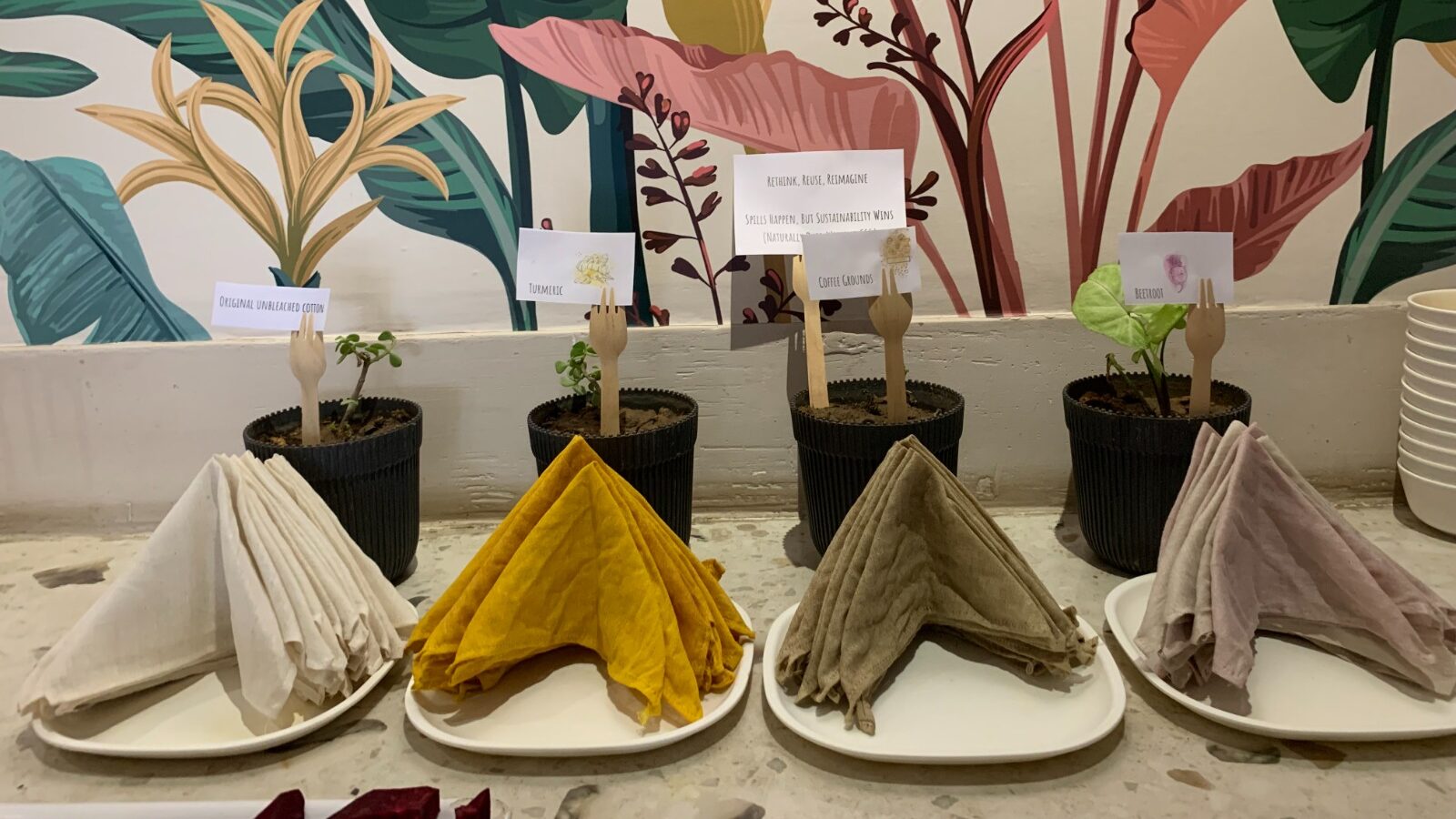
How to Use Conjunctions?
by NosheenConjunctions join words, sentences and clauses.
Conjunctions are of two types. There are either co-ordinate conjunctions or subordinate conjunctions.
Co-ordinate conjunctions: and, but, either – or, neither – nor
Co-ordinate conjunctions are used to bring together two equally significant sentences or clauses. As the name suggests these help sentences to co-ordinate with each other. The sentences make full sense when read individually and are bought together to convey more than already mentioned.
- He woke up early in the morning.
- He woke up early in the morning and was able to catch the train on time.
- He woke up early in the morning but missed the train.
- Either he wakes up early in the morning or he will miss the train.
- Neither he woke up early in the morning nor he boarded the train.
Subordinate conjunctions: that, as, after, before, when, where, if
Subordinate conjunctions are used to connect a less significant sentence to a more significant one. The main sentence or clause here makes complete sentence but the subordinate sentence is insignificant if read individually.
- I want to wear the dress.
- I want to wear the dress that has white flowers on it.
- I want to wear the dress as it has white flowers on it.
- I want to wear the dress since it has white flowers on it.
- I don’t want to wear the dress unless it has white flowers on it.
- I want to wear the dress if it has white flowers on it.
Relative pronouns: who, whom, which
Relative pronouns are also used as conjunctions. These words connect the sentences with clauses that support the main clause.
- He is the one who won the prize.
- He is the one whom you are looking for.
- This is the pencil which you are looking for.
So now you know that every conjunction has a specific usage and how easy it is to confuse them. Use this as your guide when in doubt and get good at building correct sentence connections.
- About the Author
- Latest Posts
I am a writer, reader, and a part time adventure and travel enthusiast. The other three things that vie for my mind share are dark chocolate, coffee, and photography. I am highly motivated by user perspectives and addressing the common human experience when I write.
-
Jiva’s Organic Traffic Growth: 354% Surge in 6 Months | CueForGood
by Nida DanishSummary: Jiva’s efforts to empower smallholder farmers weren’t gaining the digital traction they deserved. With a strategic overhaul led by …
Continue reading “Jiva’s Organic Traffic Growth: 354% Surge in 6 Months | CueForGood”
-
What We Learned When We Switched From Disposable Tissues to Reusable Napkins
by Nida DanishAt CueForGood (CFG), we’ve embraced a refreshing change: reusable cloth napkins. While the switch may seem minor, it’s rooted in …
Continue reading “What We Learned When We Switched From Disposable Tissues to Reusable Napkins”
-
Of Light, Laughter & Transformation: Diwali 2024 at Cue For Good
by Nida Danish
On any given day, walking into the Cue For Good office feels like stepping into a space with heart. It’s …
Continue reading “Of Light, Laughter & Transformation: Diwali 2024 at Cue For Good”
-
Why PHP Still Matters in 2024: A Look at Its Continued Relevance
by Girish TiwariAt its peak in the early 2010s, PHP powered the majority of websites globally, including major platforms like Facebook and …
Continue reading “Why PHP Still Matters in 2024: A Look at Its Continued Relevance”
-
How Meta’s New Holiday Ad Features Can Transform Your Business This Season
by Charanjeev SinghThis year, Tapcart’s 2024 BFCM Consumer Trends Report suggests that nearly 60% of shoppers kick off their holiday shopping in …
Continue reading “How Meta’s New Holiday Ad Features Can Transform Your Business This Season”
-
Cue For Good’s Journey at the B Corp Festival 2024: Exploring Louder Than Words
by Pancham PrasharOn September 10th and 11th, 2024, I had the incredible experience at the “Louder Than Words” B Corp Festival, held …
Continue reading “Cue For Good’s Journey at the B Corp Festival 2024: Exploring Louder Than Words”







